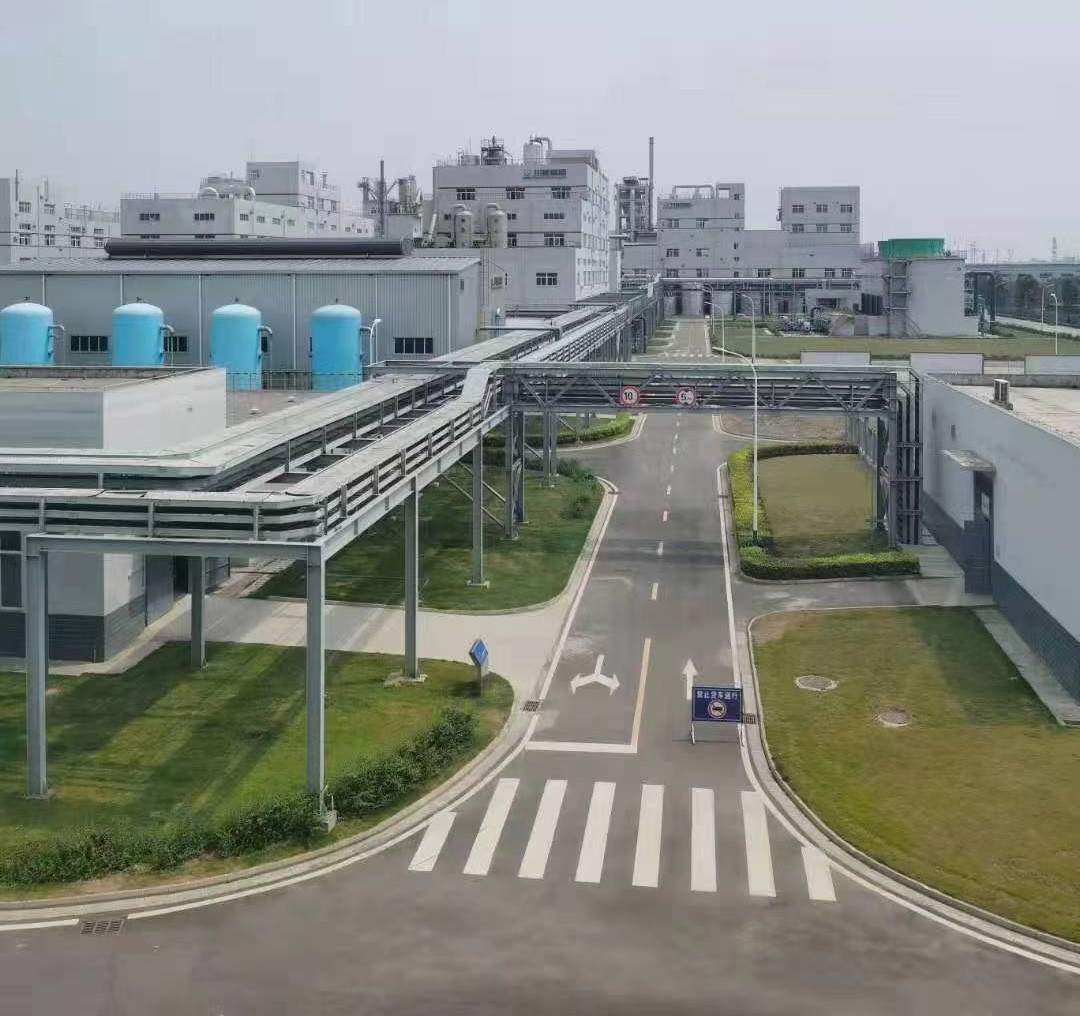What is the specific application of lithium carbonate in lithium ion batteries?
Dec,19,23
Lithium carbonate is an important part of the anode material of lithium-ion batteries, which has an important impact on the performance and stability of lithium-ion batteries. The application of lithium carbonate in lithium-ion batteries will be introduced in detail below.
First, the role of lithium carbonate in lithium-ion batteries
Lithium carbonate in lithium-ion batteries is mainly used as a positive material, through the reaction with the lithium ions in the electrolyte, to achieve the storage and release of electric energy. Lithium carbonate has the advantages of high energy density and long cycle life, which can improve the energy density and cycle life of lithium-ion batteries, so as to meet the needs of various application scenarios.
Second, lithium carbonate in lithium-ion battery applications
1. Consumer electronics: lithium carbonate is widely used in consumer electronics, such as cell phones, tablet PCs, laptops and so on. These devices need high energy density, long cycle life of the battery to support its daily use.
2. Electric vehicles: With the rapid development of the electric vehicle market, the demand for high-performance, long-life batteries is increasing. Lithium carbonate, as a cathode material, can meet the demand for high energy density and long cycle life of electric vehicles.
3. Energy storage field: the energy storage field requires a large number of high energy density, long life batteries to store electricity. Lithium carbonate as a cathode material can meet the needs of the energy storage field, improve the efficiency and stability of the energy storage system.
Third, the advantages of lithium carbonate in lithium-ion batteries
1. High energy density: lithium carbonate has a high energy density, which can improve the energy storage capacity of lithium-ion batteries to meet the needs needs of various application scenarios.
2. Long cycle life: lithium carbonate has a long cycle life, which can reduce the frequency of battery replacement and lower the cost of use.
Environmental protection: the production process of lithium carbonate is relatively environmentally friendly and has less impact on the environment.






